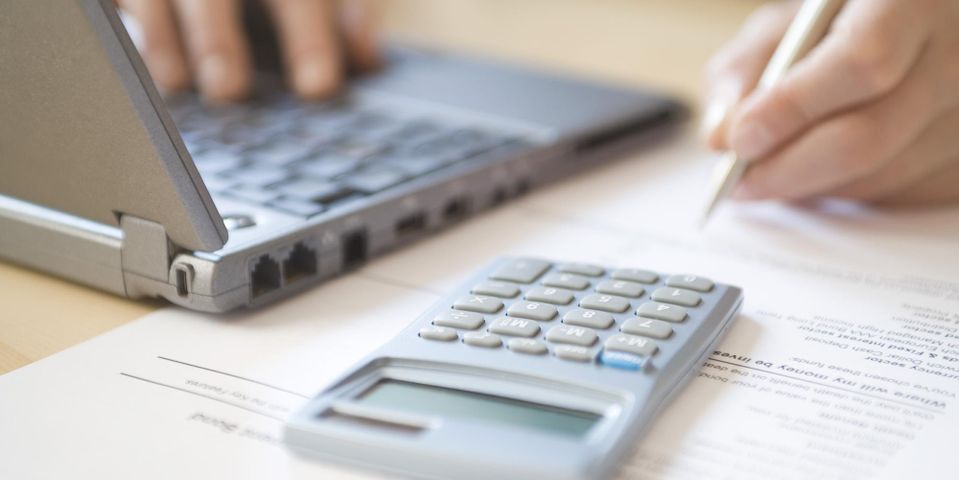
If you’re one of the many self-employed individuals already thinking about tax preparation, taking the time to understand the various write-offs available is a smart financial move. While filing on your self-employment income can quickly get complicated, you can follow some essential tax tips to save money. The accountants at Selph and Friday, CPA, located in Texarkana, TX, offer a brief guide to tackle the endeavor below.
How to Handle Tax Preparation if Self-Employed
1. Check Your Estimated Tax Payments
Self-employed people are required to pay taxes throughout the year. The IRS may impose a penalty if you don’t cover enough estimated taxes each quarter, so calculate the amount correctly. A self-employment tax calculator will help you determine how much you owe.
2. Keep Records of Your Income
 It’s important to keep track of any income for the year when you’re self-employed. The money you earn might come from numerous clients, which makes it difficult to organize. Any client you work for should send you a 1099 form if you make at least $600, but some forget or send it late. Recording your income helps you accurately report the final amount.
It’s important to keep track of any income for the year when you’re self-employed. The money you earn might come from numerous clients, which makes it difficult to organize. Any client you work for should send you a 1099 form if you make at least $600, but some forget or send it late. Recording your income helps you accurately report the final amount.
3. Determine the Tax Breaks You Qualify For
As a self-employed individual, you may be eligible to receive certain tax deductions that lower your bill. The self-employment deduction provides a substantial break, letting you deduct the cost of Medicare and Social Security tax. You can also claim deductions for business travel expenses, equipment purchased for work, and interest paid on related loans.
The accounting team at Selph and Friday, CPA has over 30 years of experience in delivering professional services to self-employed individuals, helping them maximize their savings. Give them a call at (903) 792-0281 to speak to a CPA or schedule a meeting. You can also visit them online to learn more about how they can assist with tax preparation.
About the Business
Have a question? Ask the experts!
Send your question

